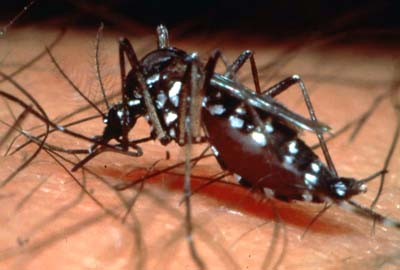Darjeeling gets Antiretroviral therapy or ART Center for HIV/AIDS patients.The people living with HIV/AIDS in Darjeeling Hills had long pending demands for a ART center which provides Antiretroviral therapy (ART) which prolongs and improve HIV/AIDS patients' lives, and potentially reduce the risk that they will infect others.
Bimal Gurung on his Facebook Fan Page wrote "I am happy to inform that the GTA today inaugurated a Nodal ART Center for the people living with HIV/AIDS at the Darjeeling District Hospital by Smt. Asha Gurung, Sabhasad, Health, GTA".
The ART Centre will not only offer ART but also give counselling to HIV positive people.
I also inaugurated a another cable ropeway car from Tukvar to Goke.
 |
| Darjeeling Hills ART Center for HIV/AIDS patients |
The ART Centre will not only offer ART but also give counselling to HIV positive people.
I also inaugurated a another cable ropeway car from Tukvar to Goke.





















+Avinash+Gurung+at+the+Gorkha+Rangamanch+Bhavan+in+Darjeeling+on+Saturday;+Bimal+and+Asha+Gurung+in+the+audience.+Pictures+by+Suman+Tamang.jpg)


